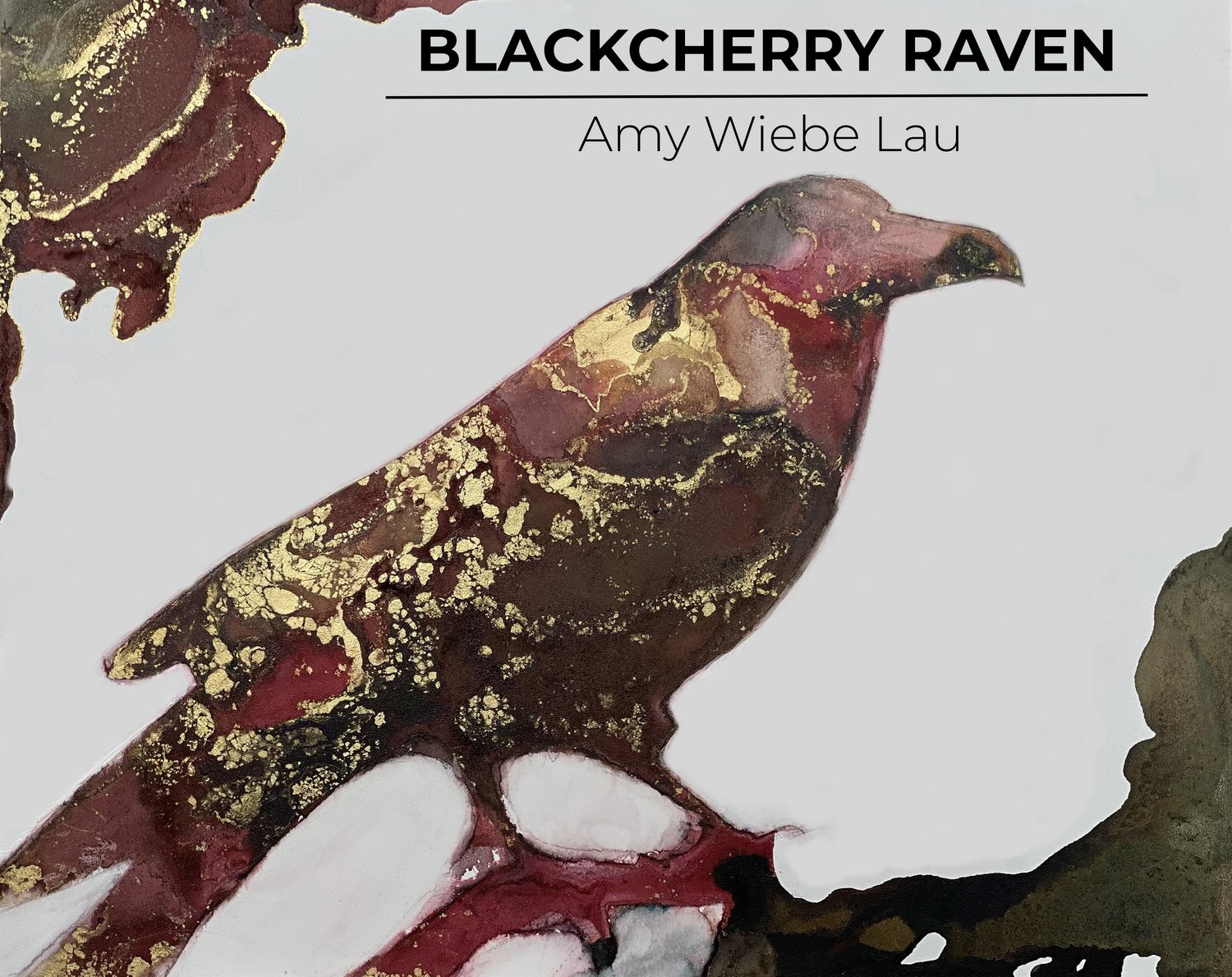“Forgiveness and compassion are always linked: how do we hold people accountable for wrongdoing and yet at the same time remain in touch with their humanity enough to believe in their capacity to be transformed?” ― bell hooks
In the following passage, Amy Wiebe Lau presents a theoretical framework called Critical Comprehensive Inclusion (CCI), based on five essential criteria for anti-racism within social, structural, and institutional colonial constructs. This framework is particularly relevant for preservice teachers entering the teaching field and working in classrooms. The five key aspects of CCI are:
Critical Race Theory (CRT) (Delgado & Stefancic, 2001)
Education
Acknowledgement of one's Positionality (intersectionality and privilege)
Emotion
Radical Love
These aspects serve as points of disruption, prompting self-interrogation and encouraging reflection and introspection through the art of storytelling. By interrupting the norm with narratives, individuals can become aware of implicit biases that have historically harmed marginalized and oppressed people of colour.
Recognizing the root causes of social injustices, including imperialism, capitalism, patriarchy, and white supremacy (hooks, 2009), is crucial as they signify systemic societal problems. This transformational model for change offers preservice teachers an opportunity to shape their teacher identity and establish a solid foundation for teaching anti-racism to young learners in the classroom.
CCI serves as a scaffold for anti-racism efforts, fostering uncomfortable conversations, educating learners about silenced voices through CRT, and promoting empathy for other cultures through the lens of radical love in curriculum and instruction.

